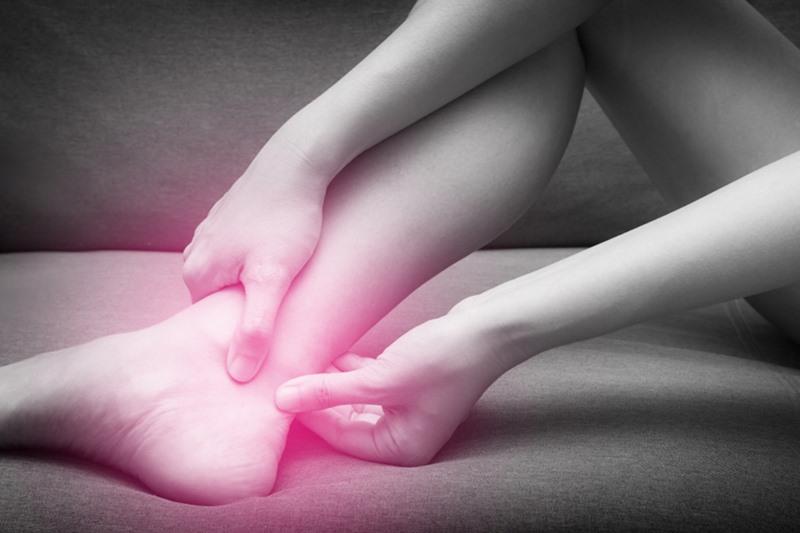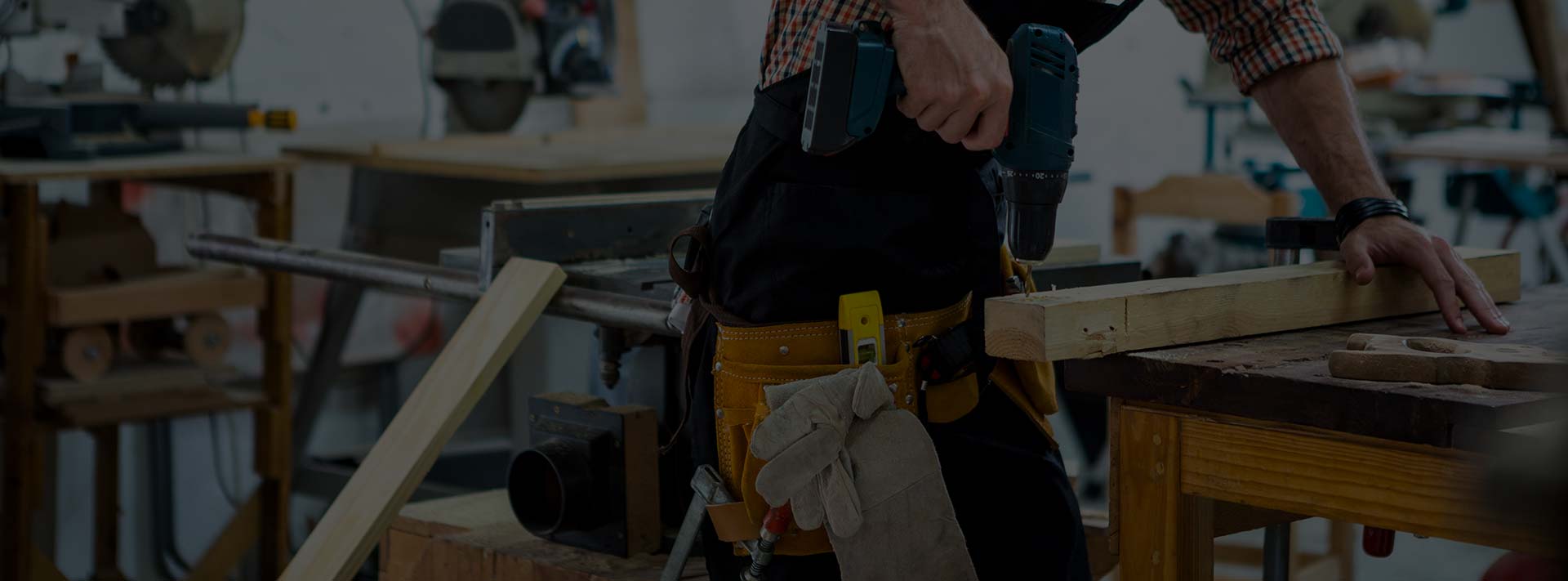
03 Jun Treatment Options For Tarsal Tunnel Syndrome
The tibial nerve in the foot connects to the skin and muscles in the bottom of the foot. If it gets swollen and trapped between the structures of the foot, it can trigger pain in various parts of the foot. This condition is referred to as the Tarsal tunnel syndrome.
The Symptoms
Tarsal tunnel syndrome has a variety of symptoms. The pain generally occurs at the bottom of the foot and inside the ankle. It increases when there is any foot activity and recedes when the foot is rested. The pain takes different forms at different times such as burning, stabbing, shooting, searing, numbing, or even a tingling sensation.
Other Common Symptoms Include:
- Loss of sensation in the areas connected to the posterior tibial nerve
- The weakening of the foot muscle
- Atrophy in severe cases
- Tenderness and throbbing feeling over the tarsal tunnel.
- Hammertoes – deformity of the toes joints
Some Causes Of Tarsal Tunnel Syndrome Are
- Arthritis
- Diabetes
- Flat feet or fallen arches
- Bone spurs
- Swollen tendons
- Varicose veins
- Ankle sprain or ankle swelling
- Ganglion cyst
Diagnosis Of Tarsal Tunnel Syndrome
You must consult a podiatrist to diagnose the condition of your foot thoroughly. They will carry out clinical tests of each foot structure. This is because imaging including x-rays and ultrasounds do not reveal nerve entrapment.
An MRI may show the presence of soft tissue mass but may not display any damage to the nerve. Nerve conduction tests establish if the posterior tibial nerve has suffered any damage. The results of such tests are negative in the early stages of tarsal tunnel syndrome.
Non-Surgical/Conservative Treatment For Tarsal Tunnel Syndrome
- Injection therapy by administering local anesthesia, both for relieving pain and diagnosing the condition.
- Podiatrists use functional foot orthotics for correcting the abnormal pronation of the foot. Foot orthotics are custom-made inserts for the patient’s shoes. Their purpose is to correct the abnormal function of the foot.
- Alternative methods such as Magnetic Insole Therapy and Galvanic Nerve Stimulation can provide relief from pain.
- Cortisone injections are beneficial in relieving pain if the nerve entrapment has caused inflammation.
- In cases of significant damage to the nerve, permanent damage too may occur. In such cases, it is unlikely that there will be a complete cure for the condition. Any treatment that is provided only aims to alleviate the symptoms. Certain medications prescribed by the doctor may relieve the burning pain that the patient experiences at night.
- Stretching the calf muscles helps ease tension and strain around the ankle joint. Regular exercise helps reduce the intensity and frequency of pain.
- In the case of persistent pain, the patient might have to be referred to a pain medicine specialist.
- Supportive footwear is useful in improving the foot structure and reducing pain.
- In case the condition is severe, the doctor may prescribe oral anti-inflammatory medications, vitamin B supplements, or steroids to provide some relief. This treatment is rarely curative.
- Lignocaine patches for pain relief
- Taping
Mobilisation/Manipulation By A Skilled Podiatrist
When should a patient suffering from tarsal tunnel syndrome opt for surgery? If it has been established that the soft tissue mass is the cause of the condition, surgical removal of the mass might become necessary. Surgery may be necessary if the pain continues to be severe and non-surgical options have been tried and failed. A podiatric surgeon will determine whether surgery will be useful and what procedure to adopt in treating the condition.
We offer tailored treatment options for flat feet and other foot-related problems. For information on our podiatry services, at Sydney Sports Podiatry, feel free to contact us at either one of our locations.
Thanks for reading,
Sydney Sports Podiatry
1300 474 306



